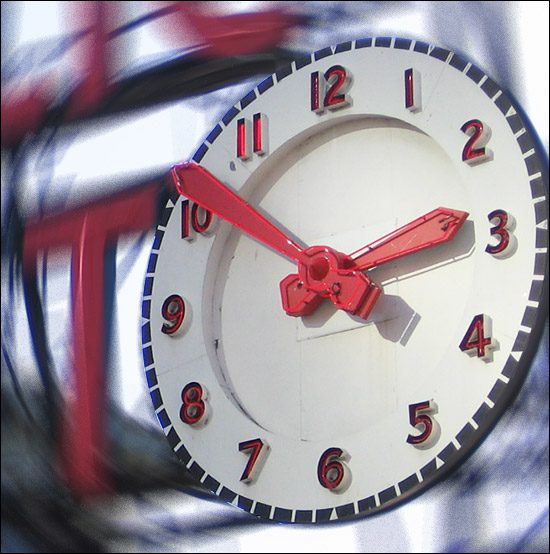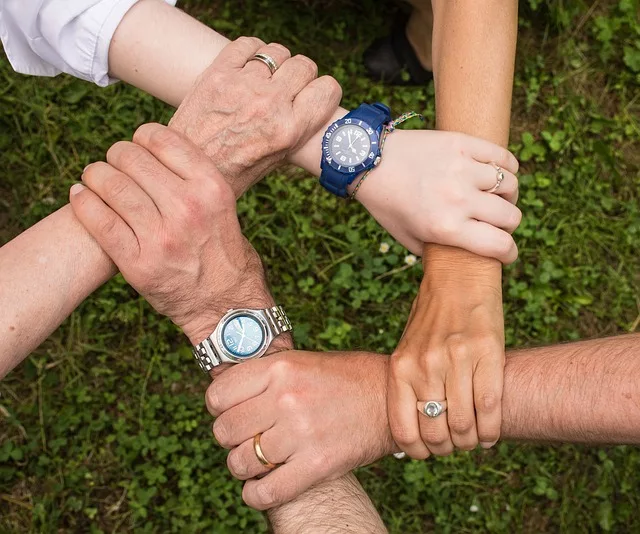When we “fall back” with the clocks in November, most of the nation welcomes a precious extra hour of sleep. After all, what adult doesn’t appreciate a little extra time under the covers?
Some experts, however, posit that gaining an extra hour might not be worth the health consequences of losing an hour in March when the country “springs forward” for Daylight Saving Time.

The health issues brought on by losing an hour of sleep can be as serious as heart problems, stroke, and depression. Others, like headaches and fatigue, are more manageable but inconvenient and uncomfortable nonetheless.
“When we change the time by one hour, it throws a monkey wrench into our circadian process,” Christopher Barnes, an associate professor at Washington University who researches sleep deprivation, told CNN Health.
“The following Monday [after springing forward], we’ve discovered that people have about 40 minutes less sleep. Because we’re already short on sleep to begin with, the effects of even 40 minutes are noticeable.”
History of Daylight Saving Time
Daylight saving time got its start during World War I. Officials believed increasing the number of hours the sun was out would conserve energy. It wasn’t until the 1960s, though, that it became the national standard.
Whether or not daylight saving time actually conserves energy is up for debate. “It seems to reduce lighting use (and thus electricity consumption) slightly, but may increase heating and AC use, as well as gas consumption,” Vox contributor Joseph Campbell wrote. “It’s probably fair to say that energy-wise, it’s a wash.”
Furthermore, not all states observe daylight saving time. Hawaii, which doesn’t ever see much of a difference in winter and spring sunset times, is one. Sunsets in a desert state like Arizona mean cooler temperatures earlier in the evening, which is why most of the state ignores daylight saving time.
In 2018, California and Florida voters approved measures to repeal the time change. Both states are awaiting approval by the federal government before enacting the measures.
Health Issues from Changing the Clocks
There are a number of studies, reports CBS News, that call out the time change’s effect on overall health and wellness, such as an increased risk of a common type of stroke and a higher risk of heart attack, especially in people aged 65 and older.
Research also shows an increase in workplace injuries on a Monday after people lose an hour of sleep.
Mental health is a factor as well, with data showing that depression diagnoses tend to increase after the springtime change in March.
“The amount of daylight you’re exposed to really can have an impact on mood and depression,” Dr. Sandhya Kumar, medical director of the Sleep Disorders Center at Wake Forest Baptist Medical Center in North Carolina, said in an interview.
For people who suffer from Seasonal Affective Disorder (SAD), a condition that causes a serotonin imbalance in the brain, the “fall back,” where sunset comes earlier, can be particularly troublesome.
Tips for Dealing with Changing the Clocks
There are ways to combat or at least mitigate some of the side effects of daylight saving time.
In an interview with NPR, Sanam Hafeez, an adjunct assistant professor of psychology at Columbia University, talked about some practical measures for better mental health post-time change. Some of these include the following:
- Eat a healthy diet of lean proteins, fish, and vegetables. Also, make an effort to consume a lighter dinner earlier than normal
- Go to bed earlier, at least until your body has adjusted to the change in sunset and sunrise light
- Avoid isolation during the winter months by joining a club, taking a class, or finding other ways to stay social during the early evening.
How long daylight saving time will remain standard practice in the U.S. is unknown. It’s only a topic of national conversation twice a year, and not something most people consider a “hot button” issue.
That said, as awareness surrounding the health aspects of daylight saving time increases, perhaps more states will notice that “the times they are a-changing” and decide to opt out of the practice as well.
Related:
5 Reasons Sleep is Vital For A Healthy Recovery
Can Modafinil and Smart Drugs Offer Prescription Intelligence?
Is There a Connection Between Depression, Anxiety and Sleep?





